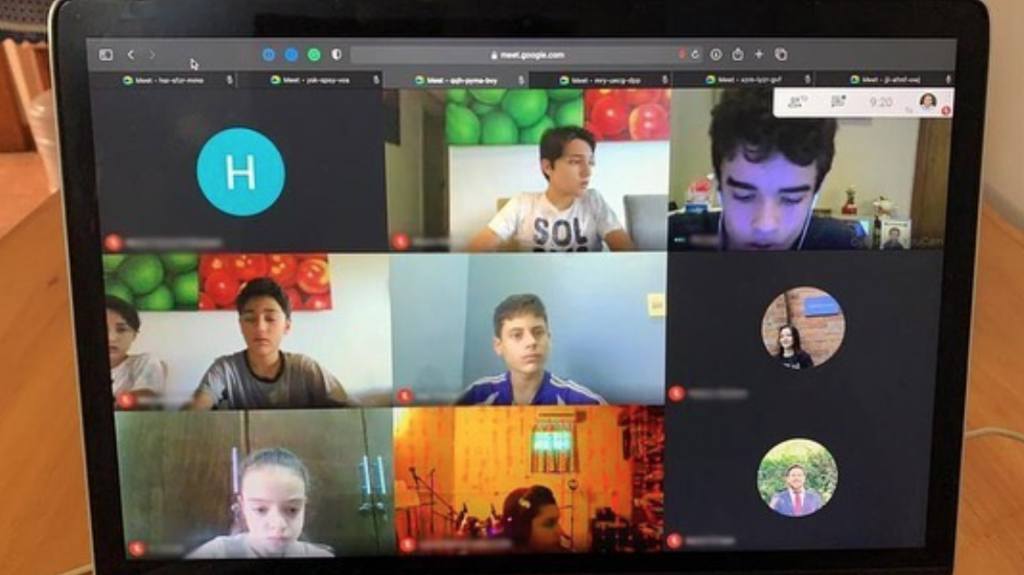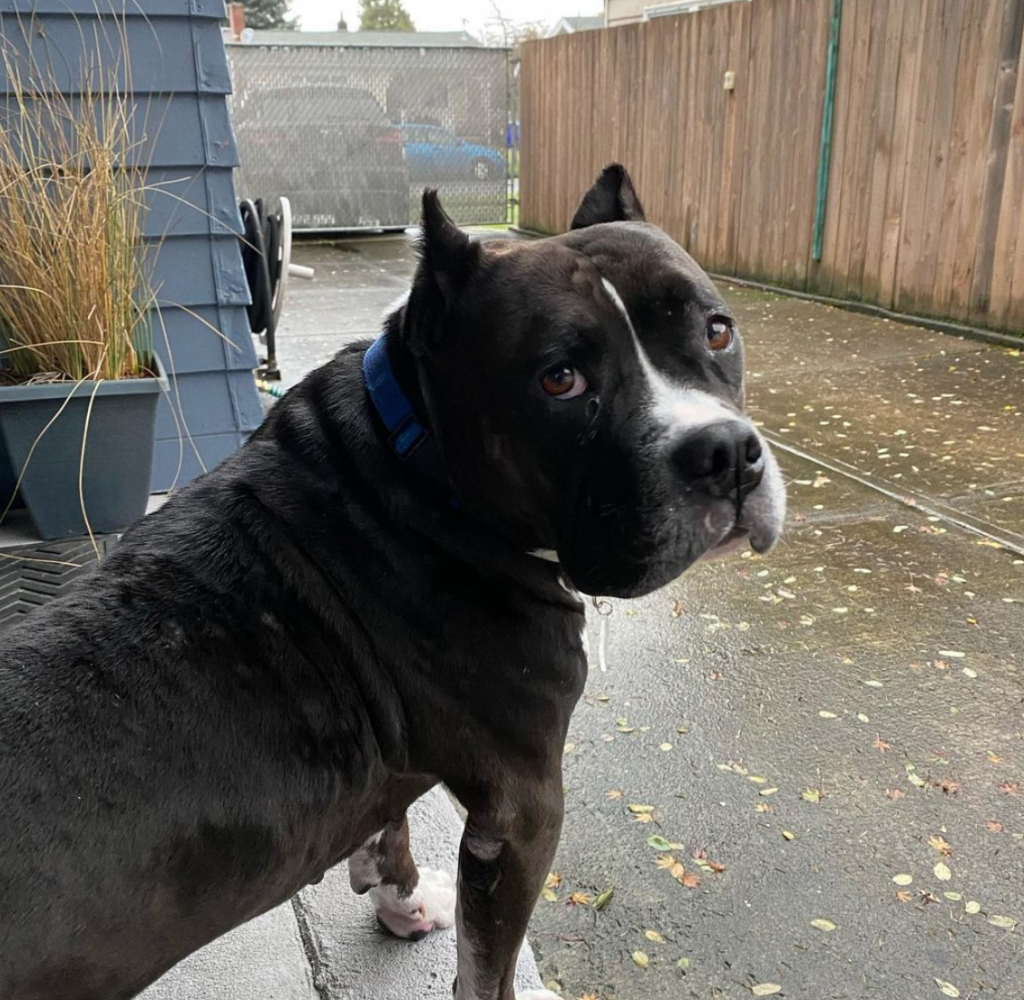With everyone’s busy schedule, it’s difficult to find time to volunteer. Some members of our Oktana team have structured their schedules to make sure they have time to give back. We are very proud of the work they do and we encourage everyone to take an active role in their communities.
Continue reading to discover the story of Nelson and Kevin.
Teaching code to youth
Nelson, an Oktana developer in Paraguay. He has been a volunteer for Aguarandu for several years, this organization promotes the teaching of Python from those under 18 years old all over Paraguay.

What is Aguarandu? And how did you get to be part of this organization?
It all started when I began to participate in the Mathematical Olympics organized by my school. During these Olympics, I usually obtained gold medals, so the winners ended up helping the OMAPA organization (Multidisciplinary Organization of Support for Teachers and Students). The goal of this organization is to collaborate on the improvement of the quality of education throughout the country. In this way, contribute to raising the quality of life in Paraguay.
When I started university, OMAPA began the process of creating Aguarandu, the first computer science Olympics in Paraguay for those under 18 years of age. The goal of this organization is to raise visibility at an early age and generate experiences around programming and software development. The mission is to attract young people who are passionate about technology and invite them to venture into the world of programming. This Olympiad seeks to encourage them to feel capable and secure, to provide the space and tools to reach the necessary capacity to be creators. We want to encourage them to turn their ideas into reality. This, through logical thinking and initiation in programming, using the Python language.
This started several years ago (2013). The person in charge contacted me to help him work within the event. In the beginning, I mainly helped to create the materials to work with the students and also to review the exams. Years passed and for reasons beyond my control, the event stopped for two years. In 2019 they contacted me again, but this time to help organize the entire event.
In this opportunity, the event changed and now we only focus on one programming language, Python. That’s because it is much more didactic. Likewise, we have now created new materials, exams, and we have teams of professors and juries belonging to different companies and universities in Asuncion.
What are the phases of the competition?
The entire process is carried out through a specialized web platform, and has three online phases:
- Logical thinking
- Logical thinking and introduction to coding
- Programming in Python language
What do you like most about volunteering in this organization? And, what is the future of the organization?
I like being able to motivate young people to become programmers, no matter where they are in Paraguay. Thus, to be able to get more people to have a remarkable job and to continue growing as an organization.
Something that I have noticed in recent years is that students find it difficult to detect the link between what they learn and study. For this reason, in this organization, we give them the necessary tools so they can open their minds, improve their capacity for abstraction, thus generating results for specific problems and expanding their vision and creativity.
Currently, we want to continue developing this olympiad. In the future, we would like to send the winners to participate in international competitions. Also, we want to continue motivating more students to participate in this competition.
Rescuing Dogs, One at a Time
Kevin, our head of marketing in the US. He volunteers helping to rescue agencies by fostering dogs until they find their “forever homes.”

What is dog fostering?
Around the world, there are many dogs rescued in shelters. When it’s difficult for a shelter to find someone to adopt specific dogs, some shelters put those dogs on a list to be euthanized. This is called “red listing.” For dogs in this situation, there are nonprofit organizations like Family Dogs New Life who step in to rescue them. But often those organizations don’t have the capacity to take in every dog. That’s where foster volunteers come in. Fosters offer to take the dog into their home until an adoptive family (“forever family”) can be found. It had been years since we last had a dog in our home, so I decided I wanted to be a part of the rescue process.
When did you get started?
I took home my first foster dog, “Tokyo”, at the end of August 2020. Tokyo is an 8-year-old pitbull terrier from Northern California who was on a red list at a shelter. Once I agreed to take her in, a team of volunteers transported Tokyo to Portland, Oregon. It takes about ten hours to make the drive directly and this team of ten volunteers each made portions of the drive. A very exhausted dog arrived in Portland and went home with me that evening.
What is it like fostering?
Much of the initial time a dog spends with their foster is for decompressing. Living in a shelter is very stressful for dogs, so it takes them time to adjust to being in a relaxed environment again. It takes a few weeks before you start to see the dog’s personality. The key is to let the dog lead when they’re decompressing, whether you’re taking a walk or a nap. Once Tokyo had settled in a little, we spent time reinforcing some of the basic training commands, like come, sit, stay, and down.
What’s next?
In December 2020, three months after she first came home with me, Tokyo found her “forever home”. She’s now happily living with her adoptive family, including five kids. A very happy outcome for a dog who might have been euthanized to make room for another dog at the shelter. Now I’m taking a little time to finish painting my living and dining rooms before I invite the next foster dog home.
If you’ve made it this far, thanks for reading! We hope these stories motivate you to start to participate in volunteer. Also, we are always looking for new talents, you can check our open positions here.


